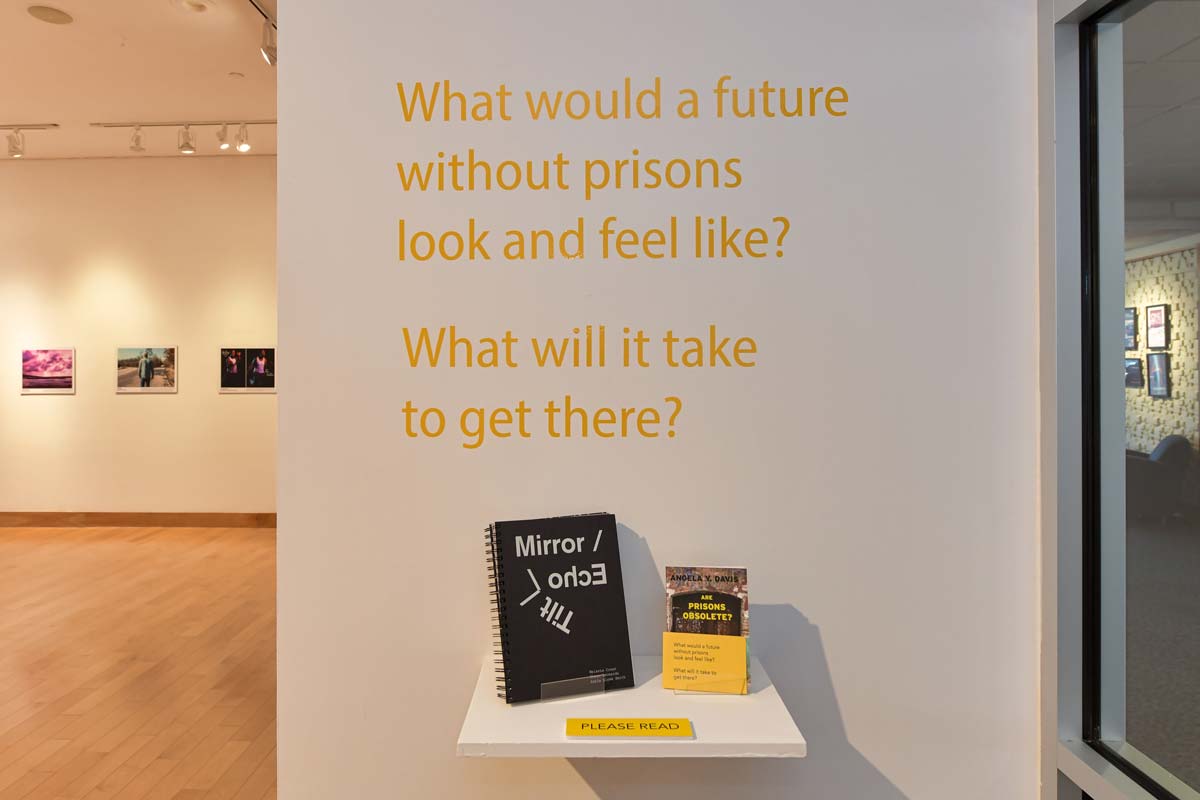Criminal Justice
The Criminal Justice, Restorative Justice, and Criminology Program at Wheaton equips students with the knowledge, perspectives and experiences to tackle the most challenging questions in each of these three fields. Combining classroom learning with research and field experience, this program prepares graduates for a wide range of potential careers.
Major
Minor
Why Study Criminal Justice at Wheaton?
As a liberal arts college with a long commitment to equity and social justice, Wheaton equips students with the interdisciplinary perspectives needed to think critically and productively. Then, students apply that knowledge through experiential opportunities in the field. The mission of the Criminal Justice, Restorative Justice, and Criminology Program is to prepare students to tackle some of the most challenging questions in the field such as wrongful arrests, mass incarceration and systemic disparities on the basis of race, class, nationality, and many other factors.
Alumni in Criminal Justice
Wheaton College graduates who pursue careers in criminal justice, restorative justice, and criminology work in a variety of fields.
Sergeant Detective
Boston Police Department
Boston, MA
Special Investigator
Attorney General’s Office of New York
New York, NY
Senior Special Agent
Bureau of Alcohol, Tobacco, Firearms and Explosives
U.S. Department of Justice
New Orleans, LA
Workplace Violence Prevention Program Coordinator
U.S. Department of Veteran Affairs
San Antonio, TX
Associate Justice
Massachusetts Trial Court
Boston, MA
Assistant Attorney General
Office of the Attorney General
Brunswick, ME
Assistant Public Defender
Sacramento County Public Defender’s Office
Sacramento, CA
Deputy General Counsel
New Hampshire Department of Justice
Concord, NH
Attorney
TakeRoot Justice
New York, NY
Forensic Program Coordinator
Collaborative Testing Services
Sterling, VA
Department
Offered by the Sociology department.

